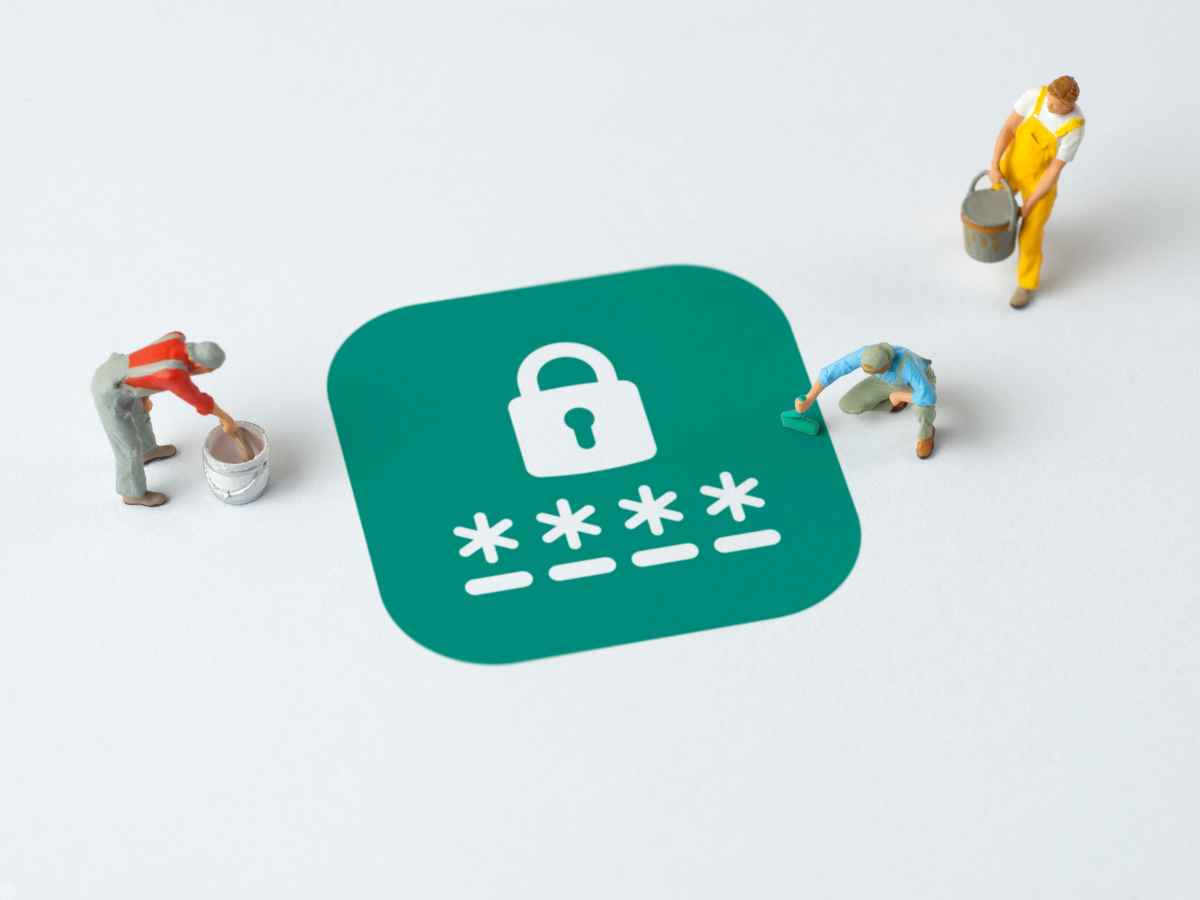We are constantly told to be cautious of phishing emails, malicious websites, and cyber scams. But have you ever known or heard of Vishing? This is a phone-based scam; the term is short for “voice phishing,” and it is also rapidly becoming a favourite among cybercriminals. Vishing remains surprisingly effective, as it exploits one of our oldest means of communication: talking. In the following article, we shall delve into what Vishing is, how it works, and how to protect yourself against falling victim to cybercrime.
What is Vishing?
According to reports from the BBC, credit card fraud cost the world 16 billion dollars in 2015, with Vishing responsible for 1 billion dollars of those losses. Vishing is voice phishing and pertains to one type of scam where criminals use phone calls to trick people into revealing sensitive information, including passwords, banking details, or personal identification numbers. They can be convincing, as most attackers pose as legitimate institutions, such as banks, tech support, or government agencies.
Imagine a call from someone claiming to be your bank. “We have had suspicious activity on your account,” they tell you. “Can you verify who you are?” they ask, seeking your account number and password. It sounds urgent. They sound like professionals at your bank, so you comply. Later, you learn that your account has been cleaned out. That’s Vishing.
How does Vishing work?
Vishing typically has several steps involved to ingrain a bit of trust and a sense of urgency on the scammer’s end:
Spoofing Caller IDs: Scammers often mask their number to look like they are calling from a trustworthy institution, say, your bank or a local government office. This is known as “caller ID spoofing,” and this is meant to have a lowering effect on your defences.
Creating a Sense of Urgency: They’ll often employ fear tactics to pressure you into acting hastily. They may inform you that your account has been compromised or that your computer is infected with a virus, requiring immediate action.
Extracting Information: Scammers will get sensitive information only after they establish a sense of desperation. They then exploit it by asking for your personal information, such as your social security number, credit card numbers, login credentials, and many more.
Pretexting: The other scammers use pretexting as well. They fabricate plausible scenarios to gain your trust. They may even assume a disguise, posing as tech support to law enforcement.
Some of the most common vishing scams include:
The IRS Scam: Here, a caller poses as an IRS agent reporting on back taxes, threatening to arrest you if you do not make a payment immediately; they would ask for your Social Security number and banking information to “clear up” the problem.
Another common hoax is the Bank Fraud Alert, wherein a caller claiming to represent a bank asks about suspicious transactions in your account. They ask for your account number and password to verify your identity; however, they use this to access your account and drain your funds.
One more popular vishing scam is the Tech Support Scam. The crook calls, claiming to be a technician at Microsoft, and warns you that your computer is infected with a virus. They immediately request remote access to fix the problem but instead, take control of your device and steal your data.
How not to become a victim of vishing
Never rely on the number shown by the Caller ID: A caller ID can be spoofed easily. Be very careful even if the number looks familiar to you.
Never share confidential information over the phone: No organization asks for personal details, PINs, or passwords over a call. Refrain from providing such information. Hang up and call the company directly from a verified number.
Verify the Caller’s Identity: If you receive a suspicious call, hang up and contact the organization directly using official phone numbers as provided on their website or your account statements.
Be Cautious Regarding Urgent Requests: Scammers usually create artificial urgency to get you to act without thinking. Take your time before providing any sensitive information or making payments.
Report Suspicious Calls: If you suspect you have been a victim of a vishing scam, report it to the local police or the Federal Trade Commission.
What is most frightening about Vishing is how it takes advantage of our human propensity to put trust in others during times of stress or time-sensitive issues. Scammers are skillful in telling almost plausible stories, and they often strike emotional nerves to raise fear, panic, or sympathy.
With this in mind, it is vital to have more than just reliance on technology for protection; one must stay aware and informed. Educating yourself and others about Vishing decreases the chances of becoming its prey.






